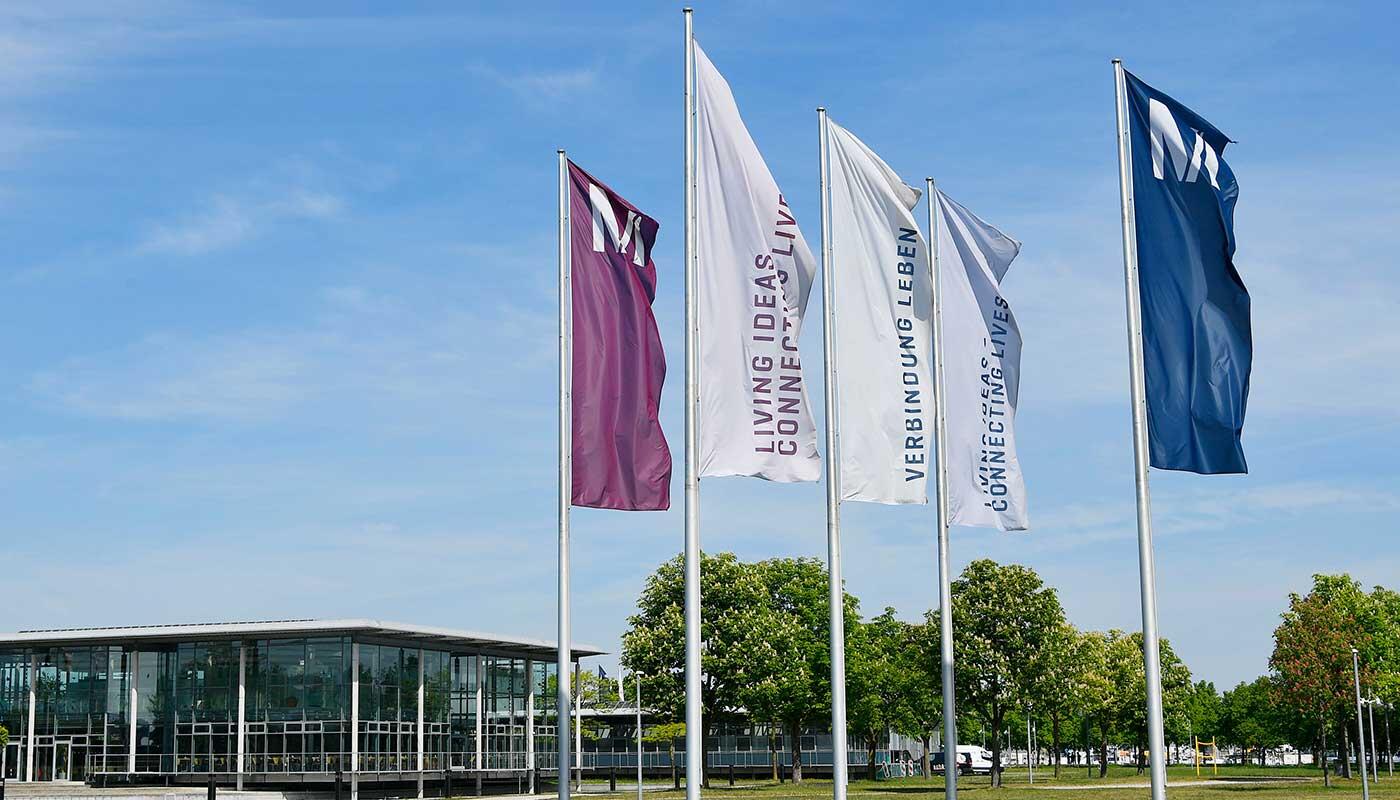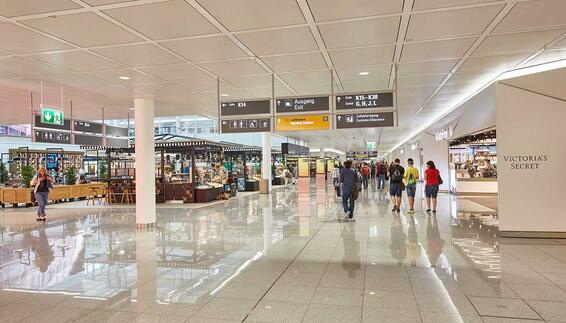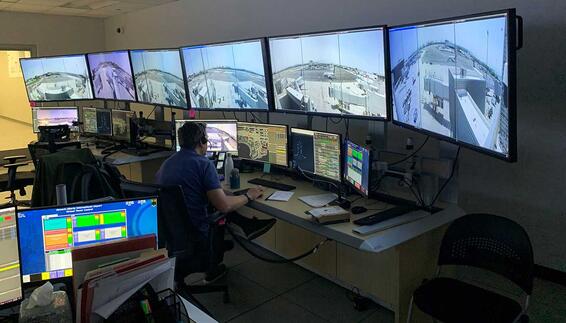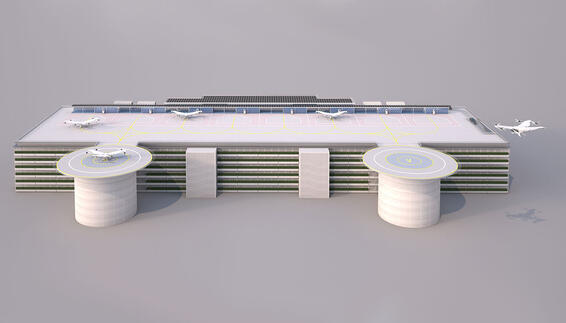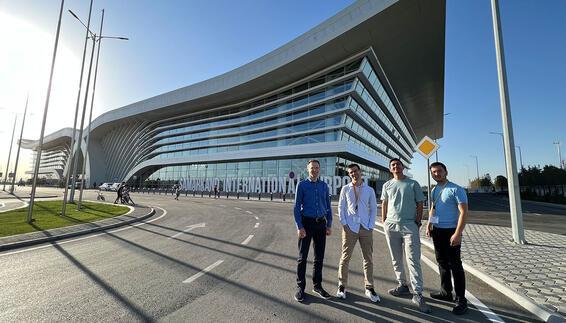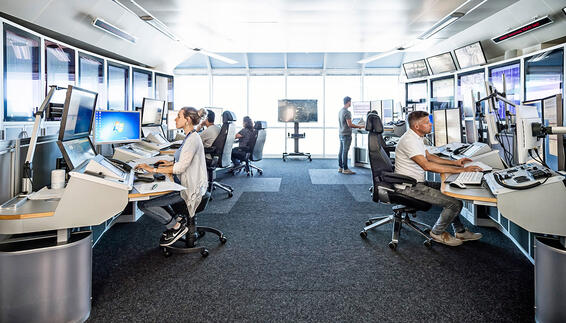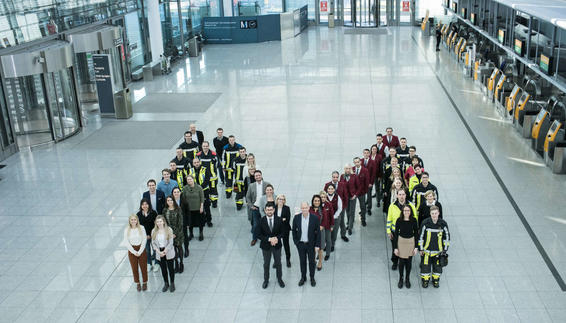MAI has undergone significant development in recent years. Could you give us an overview of this transformation?
Dr. Weisser: "The story of MAI began in 1992, when Munich Airport was moved from the central city center location München Riem to Erdinger Moos where Munich Airport is operating right now. The move took place literally overnight and only a couple of days later, we received a call from Bangkok airport seeking our expertise. No one knew how to connect the international call back then, but that's when our international journey started. So, we began helping other airports, and that's the point where our core product ORAT (Operational Readiness and Airport Transfer) was born.
From those early days, we steadily expanded our portfolio—from offering a single product to becoming a one-stop shop for business planning, master planning, airline marketing, and aviation concepts. In 2017, Munich Airport International was established as an 100% subsidiary of Flughafen München GmbH, and we began taking on management roles at airports worldwide. We transformed from a service company to an airport operator.
One of our first major projects was in Honduras, where we took over operations at the new Palmerola Airport. From there, we moved on to even larger projects.
A true milestone came in 2018, when we began operating Terminal A at Newark Liberty International Airport, marking our entry as a terminal operator in the United States. We are extremely proud that Terminal A received the prestigious 5-Star rating from Skytrax in its first year of operation, reflecting the high level of satisfaction among passengers and airlines alike. In 2024, the terminal welcomed around 18 million passengers, and we were honored to be recognized as the best new terminal by Skytrax. These achievements underscore our commitment to excellence and the positive impact we strive to deliver."
